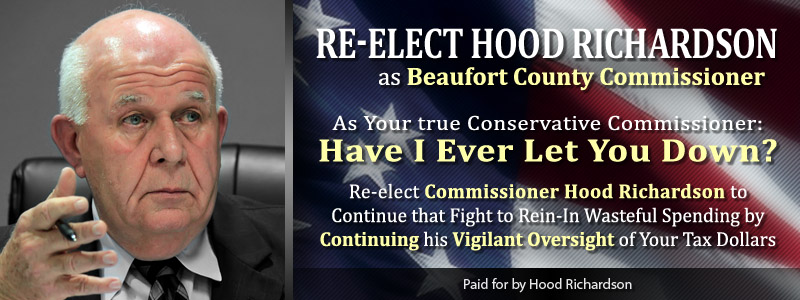Publisher's note: Agenda 2012 is the John Locke Foundation's charge to make known their wise political agenda to voters, and most especially candidates, with our thirty-fifth instalment being "Taxpayer Financing of Campaigns," written by Jon Sanders, Director of Regulatory Studies at the John Locke Foundation. The first installment was the "Introduction" published here.
North Carolina has a public (meaning taxpayer-financed) campaign financing system for appellate court judges and three Council of State positions: Auditor, Commissioner of Insurance, and Superintendent of Public Instruction. In recent years, the U.S. Supreme Court has struck down similar systems in other states. In late May 2012, a federal judge struck down the state's matching funds system for appellate court candidates. By all appearances, North Carolina's system is unconstitutional.
Key Facts
• Under North Carolina's system, the state grants lump sums to the campaigns of candidates in the appellate court and Council of State races who agree to forgo raising money for the general election. The system is intended to equalize funding between candidates.
• To keep funding "equal," the state also issues matching funds to a subsidized candidate opposed by an unsubsidized candidate. Matching funds kick in once the traditional candidate -- or any independent group supporting him -- spends above a threshold amount.
• Taxpayer-financed campaign systems chill free speech. Matching funds punish traditional candidates for spending money on their campaigns or for having support from independent groups, causing both to avoid spending so as not to trigger the granting of state money to the opponent's campaign.
• Independent groups supporting a subsidized candidate, however, can spend whatever amount they want without fear of triggering matching funds. The system makes it possible for a subsidized candidate to receive matching funds even when there is greater overall spending in support of his campaign than for a conventionally funded rival.
• Forcing citizens to support candidates and political speech they oppose is a gross violation of the rights of free speech and association.
• It also protects incumbents unfairly. Incumbents have greater name recognition and the ability to make what are essentially campaign stops while supposedly conducting official business. Challengers may need greater spending and outside support to overcome those disadvantages.
• Despite the stated intent of public campaign financing systems, they don't limit the amount of spending in campaigns. Instead, they cause political donations to shift from direct donations to campaigns to donations to PACs, 527s, etc.
• North Carolina state income tax forms contain a checkbox for taxpayers who wish to divert $3 of their taxes to public campaign financing systems. Only about 8 percent of taxpayers choose to do so, indicating very little public support for the system.
• In Davis v. FEC (2008), the United States Supreme Court held that punishing a self-financed congressional candidate for spending beyond a threshold amount was unconstitutional. In Arizona Free Enterprise Club PAC v. Bennett (2011), the Supreme Court struck down a matching-funds provision as an unjustifiable burden on political speech.
• In response to those rulings, the N.C. General Assembly has opted not to fund the system, but future legislatures could decide differently. Also, the federal judge's ruling doesn't apply to Council of State races.
• In 2011, a proposal to hold a constitutional amendment on judicial elections fell short in the legislature. Among other things, it would have put special interests in charge of selecting candidates for judicial races, among whom voters could then choose. Appointments would have been made by a commission of unelected, unaccountable members drawn from such special-interest groups as the North Carolina Bar Association, N.C. Advocates for Justice, N.C. Association of Defense Attorneys, N.C. Association of Women Attorneys, and N.C. Conference of District Attorneys.
• Whether public election of judges is the best approach for North Carolina is a legitimate issue for debate, but replacing it with an appointment process dominated by special interests risks creating a worse system, one in which the foxes guard the henhouse.
Recommendation
Repeal North Carolina's public campaign finance systems. Taxpayer financing systems are unwise and matching-funds provisions are unconstitutional.
Beware of judicial election reforms that would replace voters with special interests.
Analyst: Jon Sanders
Director of Regulatory Studies
919-828-3876 •
jsanders@johnlocke.org

























